VCELA216
Understand that nouns represent people, places, things and ideas and include common, proper, concrete or abstract, and that noun groups/phrases can be expanded using articles and adjectives
- Plus Plan
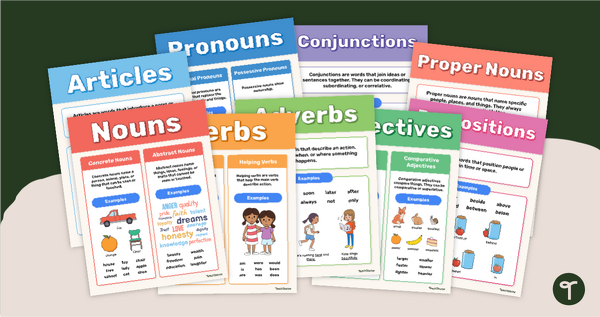
Nouns, Proper Nouns, Verbs, Adjectives, Adverbs and Conjunctions Posters
Enhance student understanding of the 8 parts of speech with these colourful, informative and easily-referenced grammar wall posters.
- Free Plan
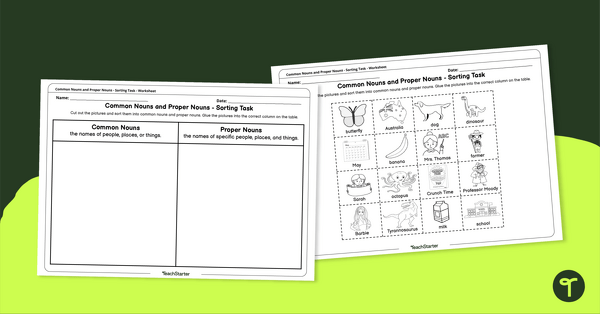
Common Nouns and Proper Nouns - Sorting Task
A sorting task to help students learn the difference between common nouns and proper nouns.
- Plus Plan
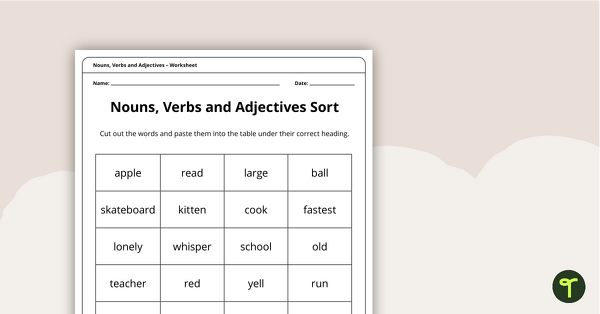
Nouns, Verbs and Adjectives – Sorting Task
Help students learn the difference between nouns, verbs, and adjectives with this cut-and-paste sorting worksheet.
- Plus Plan
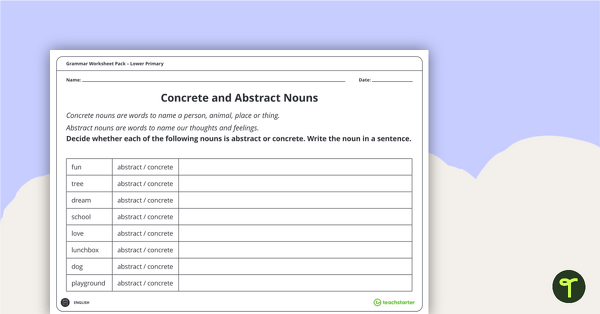
Grammar Worksheet Pack – Lower Primary
A 13 page worksheet pack to consolidate the learning of different grammar concepts in the early years.
- Plus Plan
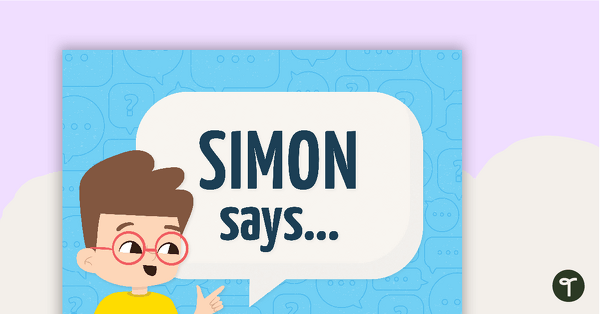
"Simon Says" Instruction Cards
A set of 24 instruction cards to use when playing "Simon Says".
- Plus Plan
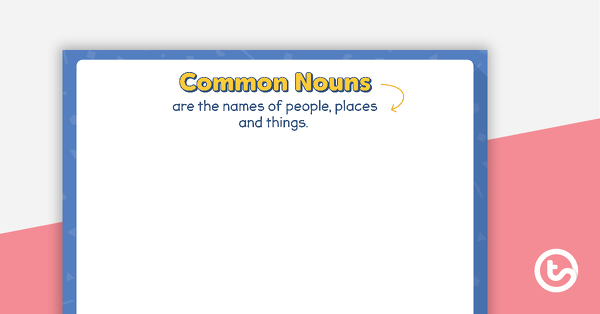
Parts of Speech Sort Game - Common Nouns, Abstract Nouns, Proper Nouns, Verbs and Adjectives
Use this Parts of Speech Sort Game to assist your students in identifying the different types of nouns, verbs and adjectives.
- Plus Plan
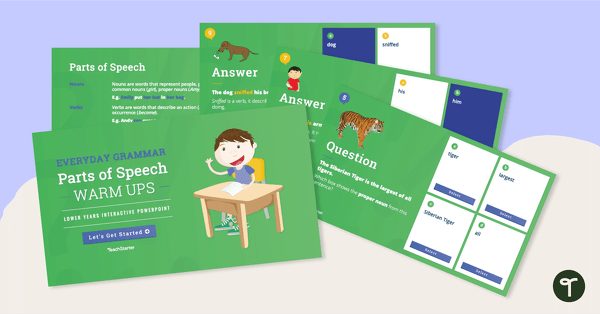
Everyday Grammar Parts of Speech Warm Ups - Lower Years Interactive PowerPoint
Review nouns, verbs, adjectives and adverbs with this 44-slide interactive PowerPoint lesson.
- Plus Plan
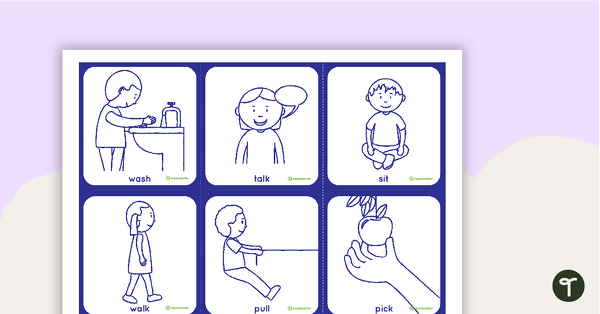
Commonly Used Verbs Flashcards
Teach commonly used verbs with this set of printable flashcards.
- Plus Plan
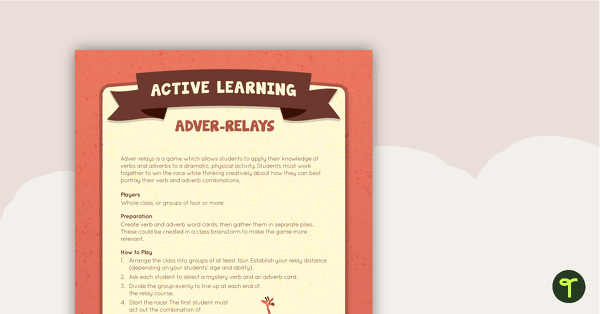
Adver-relays Active Learning Game
A whole class active game that encourages learning through a physical setting.
- Plus Plan
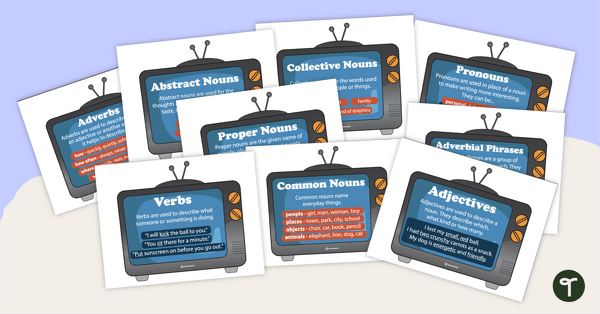
Grammar TVs
Grammar presented on TVs.
- Plus Plan
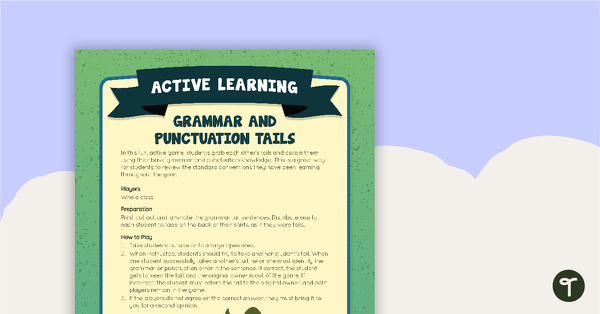
Grammar and Punctuation Tails - Active Learning
An active game that requires students to use their basic grammar and punctuation knowledge.
- Plus Plan
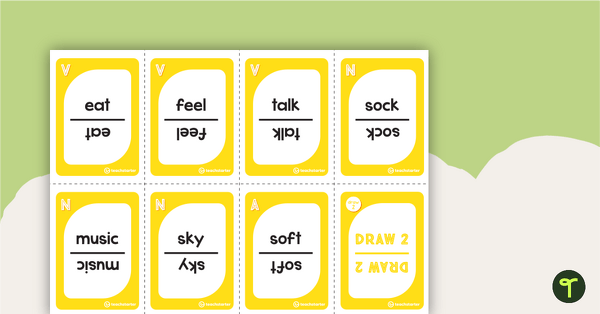
Parts of Speech Card Game – Lower Years Classroom Game
A card game for nouns, verbs and adjectives.
- Plus Plan
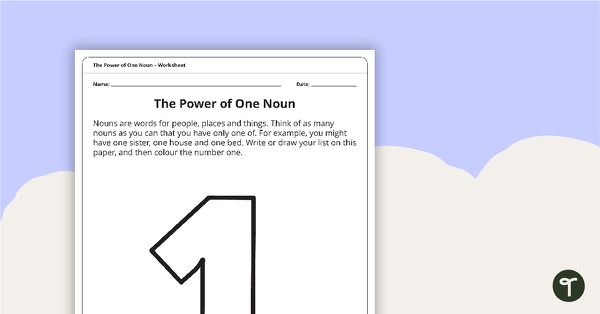
The Power of One Noun
A worksheet that can be used when studying nouns or as a getting to know you activity.
- Plus Plan
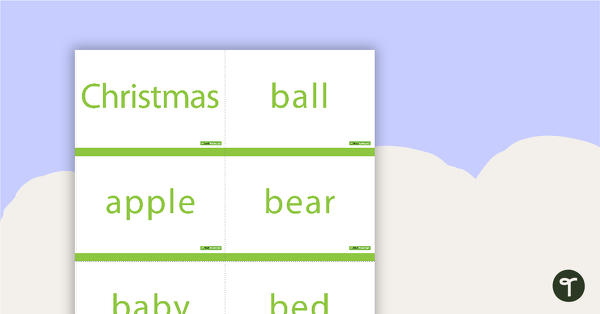
Dolch Sight Word Flashcards - Nouns
Use these flashcards to help students practice their Dolch sight words.
- Plus Plan
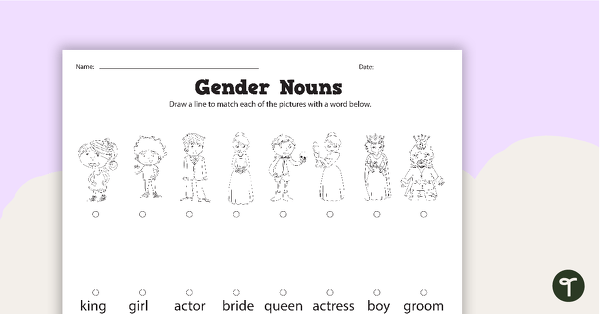
Gender Nouns Worksheets
Two worksheets for lower grades to use when learning about the gender of nouns.
- Plus Plan
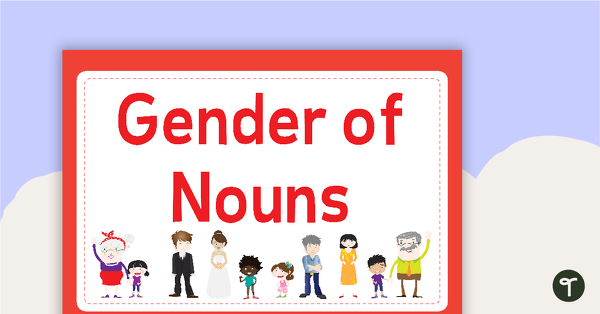
Gender Nouns Posters
A set of educational posters showing common gender nouns in the English language.
- Plus Plan
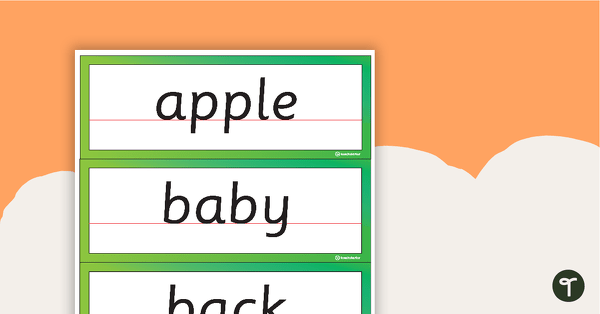
Sight Word Cards - Dolch Nouns
Dolch Nouns sight words on flash cards.
- Plus Plan
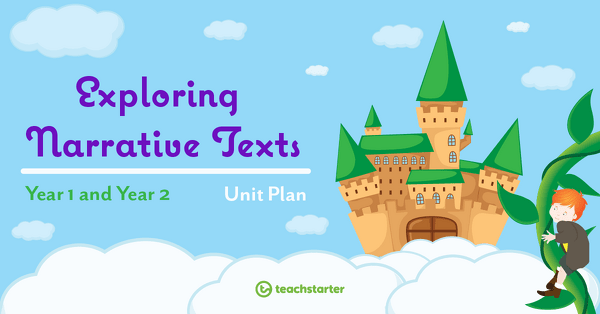
Exploring Narrative Texts Unit Plan - Year 1 and Year 2
This English unit uses fairy tales to introduce the narrative text type to younger students. It addresses the structure, characters and language features of a narrative.
- Plus Plan
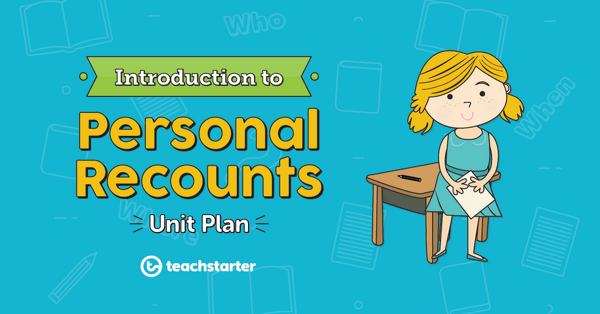
Introduction to Personal Recounts Unit Plan
This English unit has been designed to introduce the recount text type to younger students; specifically, the purpose, structure and language features of personal recounts.
- Plus Plan
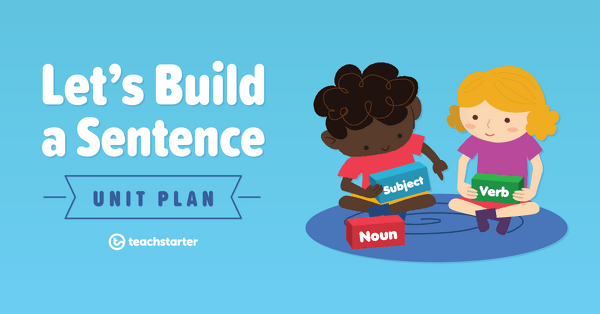
Let's Build a Sentence Unit Plan
This English unit has been designed to introduce the key components of simple and compound sentences to younger students; specifically, capital letters and punctuation; verbs, nouns, adjectives and conjunctions.
- Plus Plan
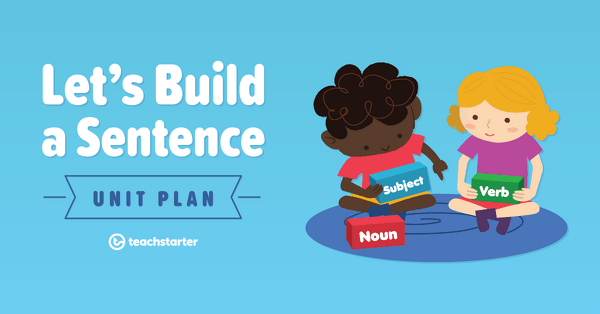
Using Adjectives to Describe a Character
A 60 minute lesson in which students will use adjectives to describe the personality and appearance of characters.
- Plus Plan
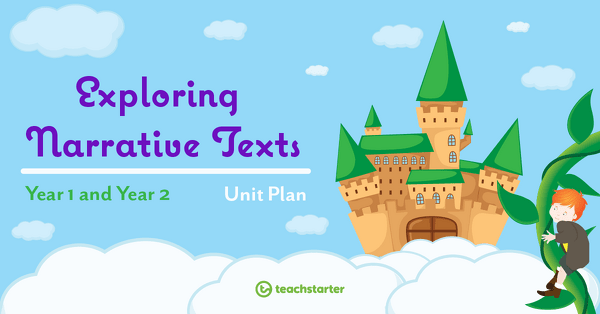
Dressing Up Sentences for Narrative Writing
A 60 minute lesson in which students will use descriptive language to add additional detail to sentences.
- Plus Plan
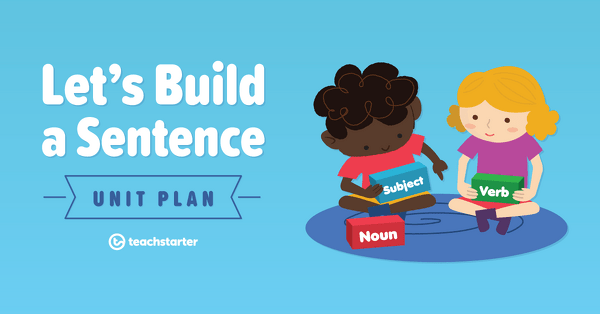
Using Adjectives
A 60 minute lesson in which students will identify that an adjective provides information about a noun and is often called a describing word.
- Plus Plan
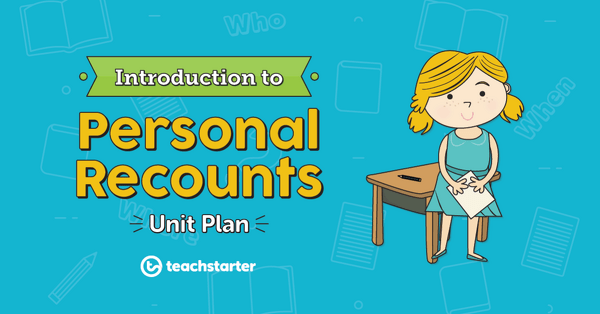
Adding Detail Using Describing Words
A 60 minute lesson in which students will investigate how descriptive words, such as adjectives, can add detail to a personal recount.
- Plus Plan
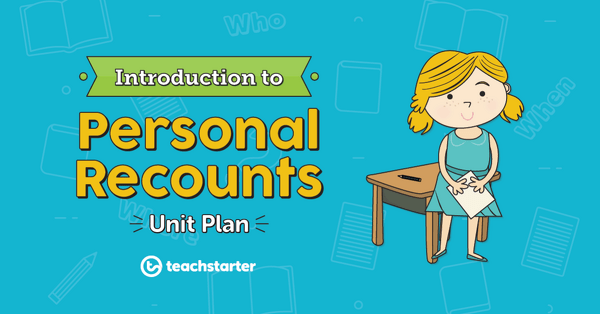
Adding Detail Using Emotion Words
A 60 minute lesson in which students will investigate how emotion words can add detail to a personal recount.
- Plus Plan
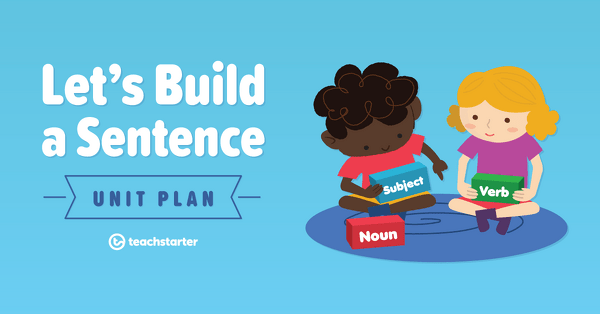
Common and Proper Nouns
A 60 minute lesson in which students will identify that a noun is a naming word used for a person, place or object.